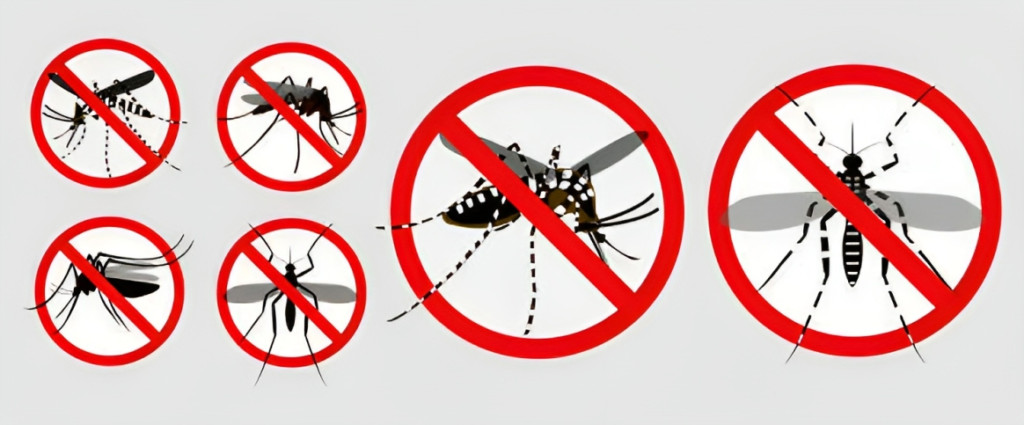
Malaria, a mosquito-borne infectious disease, continues to be a significant health concern in many regions around the globe. Expatriates, individuals living and working in foreign countries, often find themselves at an increased risk due to exposure to different strains of the malaria parasite. The importance of malaria prophylaxis cannot be overstated in safeguarding the health and well-being of these expatriates.
For expatriates residing in malaria-endemic regions, prophylaxis becomes a crucial aspect of their health management. The choice of prophylactic medication depends on various factors, including the specific strain of malaria prevalent in the region, potential side effects, and the individual’s health condition.
Expatriates encounter unique challenges in adhering to malaria prophylaxis. Cultural differences, access to healthcare, and concerns about potential side effects can influence their commitment to the prescribed regimen. Language barriers and misinformation may also contribute to a lack of understanding regarding the necessity of malaria prevention measures.
Commonly prescribed medications include chloroquine, doxycycline, atovaquone/proguanil, and mefloquine. Each has its own set of advantages and considerations, and the choice is often tailored to the unique circumstances of the expatriate. Regular compliance with the prescribed regimen is paramount to ensure optimal protection against the disease.
Malaria prophylaxis is not merely a medical prescription; it is a comprehensive strategy aimed at preserving the health and well-being of expatriates living and working in regions where the disease poses a constant threat. Through a combination of education, access to quality healthcare, and a commitment to preventive measures, expatriates can navigate the challenges posed by malaria and thrive in their global endeavors.
Learn about malaria and how to plan/implement and effective malaria prophylaxis program here: https://www.linkedin.com/pulse/guide-malaria-prophylaxis-flying-doctors-nigeria

